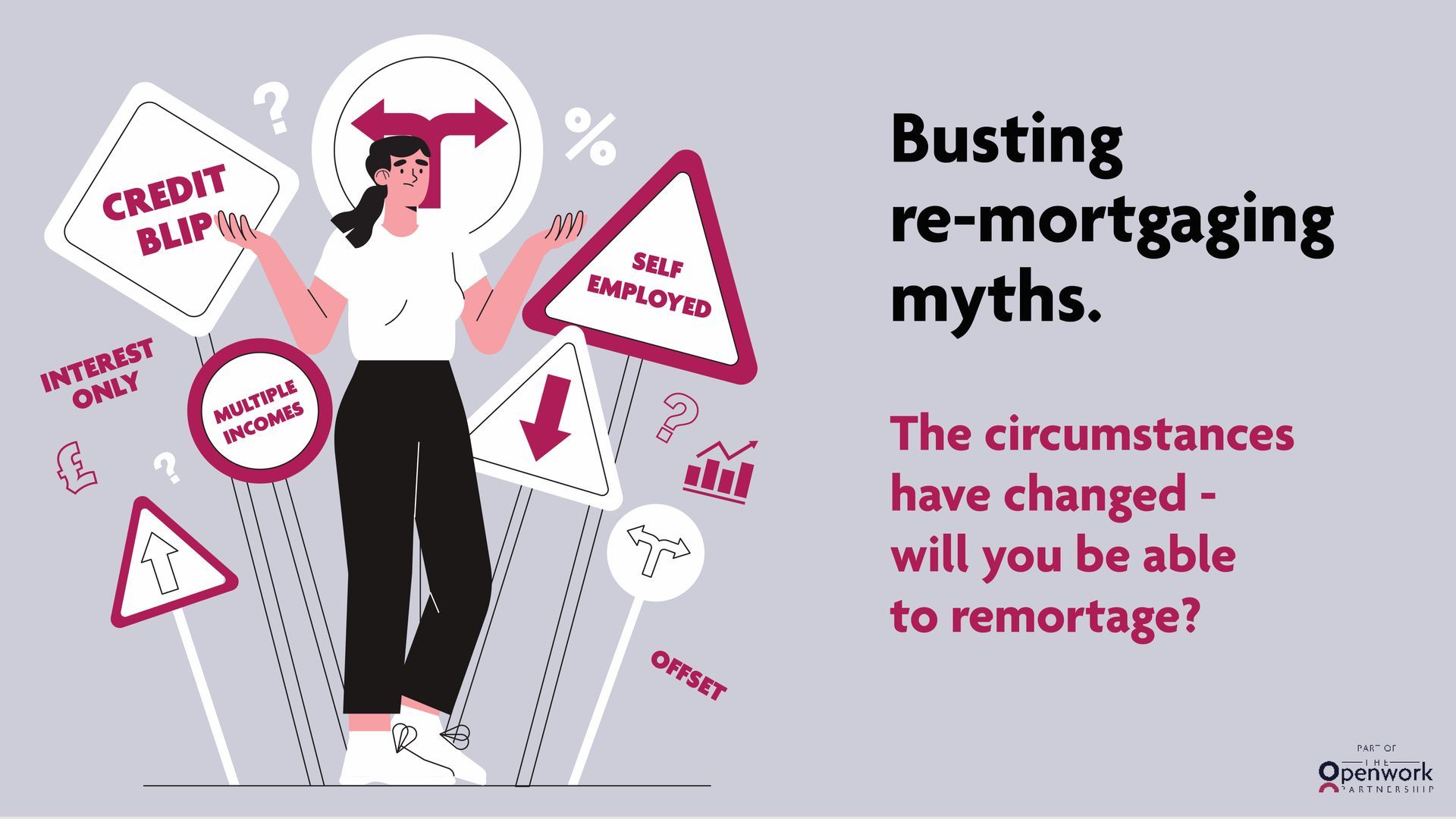Remortgaging Your Home Still a Smart Move in 2023 Amidst Rising Interest Rates?
This is a subtitle for your new post
Introduction:
As the year 2023 unfolds, homeowners are faced with the challenging prospect of soaring interest rates, leaving many wondering if remortgaging their homes remains a wise financial decision. The real estate market is navigating uncertain waters, and prospective borrowers must consider several crucial factors before making any significant moves. In this article, we explore the implications of rising interest rates and delve into the key considerations for homeowners contemplating the possibility of remortgaging in 2023.
Understanding the Impact of Soaring Interest Rates
The prevailing economic conditions have led to a surge in interest rates, affecting mortgage deals across the board. As interest rates increase, existing mortgage holders might find themselves dealing with higher monthly repayments. This is particularly concerning for those on variable-rate mortgages, whose monthly commitments are susceptible to fluctuations in interest rates.
Weighing the Pros and Cons of Remortgaging
Amidst the turbulent financial landscape, remortgaging can offer potential benefits, but it also comes with its share of risks. Let's explore the advantages and disadvantages:
Advantages:
- Securing a Fixed-Rate Deal: Remortgaging to a fixed-rate deal can provide stability by shielding homeowners from further interest rate hikes during the term of the fixed-rate period.
- Accessing Better Deals: Some homeowners might find improved deals with lower interest rates or attractive incentives by remortgaging, potentially leading to substantial savings over time.
- Debt Consolidation: Remortgaging can enable homeowners to consolidate debts by merging higher-interest loans into their mortgage and potentially reducing their overall monthly outgoings.
Disadvantages:
- Increased Costs: Remortgaging involves various fees and costs, including arrangement fees, legal fees, and valuation fees, which can make the process expensive.
- Eligibility Challenges: Homeowners with altered financial circumstances may find it challenging to secure favourable remortgage deals due to tightened lending criteria.
- Potential Early Repayment Charges: Some mortgage deals impose early repayment charges, which could offset any potential savings if you switch before the current deal expires.
Evaluating Your Financial Situation:
Before committing to remortgaging, conduct a thorough assessment of your financial standing. Consider the following points:
- Budget and Affordability: Calculate your monthly budget and ascertain if you can comfortably manage potential changes in mortgage repayments.
- Credit Score: A good credit score is vital for securing favourable remortgage deals. Check your credit report for any inaccuracies and take steps to improve it if necessary.
- Future Plans: Evaluate your long-term plans, such as potential home relocation or major life events, to ensure your chosen mortgage aligns with your future goals.
Seeking Professional Advice:
Given the complexities of remortgaging in a high-interest-rate environment, seeking guidance from a qualified financial advisor is paramount. An expert can analyse your unique circumstances, present suitable options, and assist you in making an informed decision that aligns with your financial goals.
Conclusion:
As interest rates soar in 2023, remortgaging your home is a decision that requires careful consideration. While some homeowners may benefit from locking in a fixed-rate deal and accessing better terms, others may face challenges with increased costs and eligibility criteria. Before making any moves, thoroughly assess your financial situation and seek professional advice to navigate the uncertainties of the current real estate market successfully. Remember, informed decisions can pave the way to financial security and stability amidst fluctuating economic conditions.
YOUR HOME MAY BE REPOSSESSED IF YOU DO NOT KEEP UP REPAYMENTS ON YOUR MORTGAGE
Approved by The Openwork Partnership on 26/07/23











